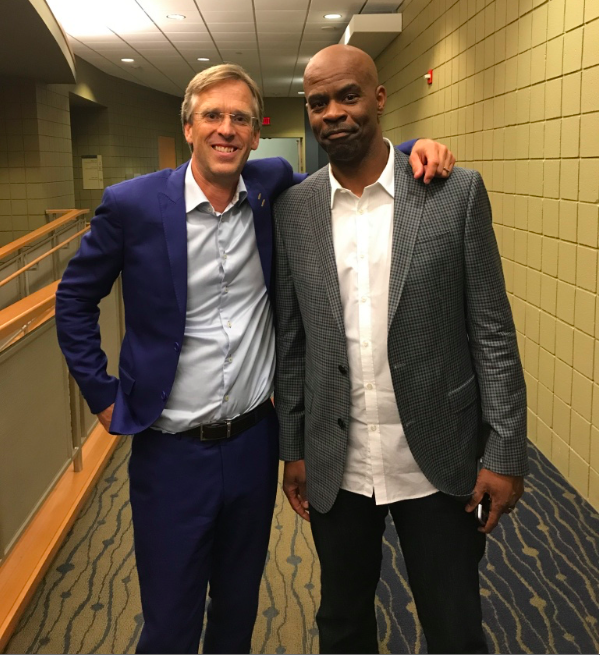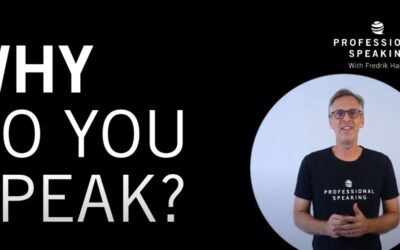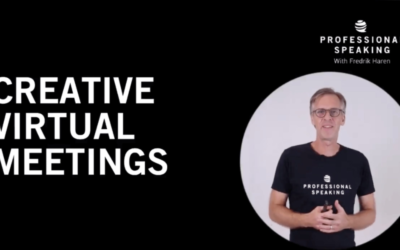
How much information should you give about a story when you are telling it?
I recently did a speech where I was speaking right after Michael JR, an American stand-comedian with a very high likability factor. (https://www.youtube.com/watch?v=0C7L5FEVgjA)
After he had done his speech I went up and delivered mine.
And when I was done we met behind the stage.
I congratulated him on his performance and he congratulated me on mine.
But I wanted more than just nice words to one and other, I wanted to learn from a master. So I asked: “As a comedian, can you give me some advice that I can use as a speaker?”
(I always think that the advice from comedians are the most valuable, even more valuable than from other speakers, since stand-up is one of the hardest forms of storytelling there is. To make another person laugh is serious stuff.)
Michael JR was kind enough to give me this advice:
He said: “I like how you tell your stories and how you include just enough information in them”.
I had never even thought about that aspect of storytelling so thanked him and asked him to elaborate.
He said: “When you tell a story you have to give just enough details so that the audience joins you in your story.
And then he gave an example: “Let’s say you start telling a story where about a car and you say: “I had this car..” then the audience is seeing a car in their mind, but it is not your car, it’s their car.
If you instead say: “I once had this blue car”, the audience is getting closer to “your car”.
If you say: “I once had this old, blue, Corvette” the audience now sees “your car” instead of a random blue car in their head.
That is what you want.
You want them in your story. You want them to see your car, not just a car.
But if you say: “I once had a old, blue, 1969 Corvette convertible with licence plate XTG 578 and Michelin tires that I had bought from uncle Tom, who was born in Paris.” the audience is getting a very good picture of our car. The only problem is that the car is not the important thing, the story is. Or more to the point, the message of the story is.
So all the time you spend adding details to your story that doesn’t have to be in the story you are stealing attention from the message.
Tell as much you have to, but not more.
Move them into your story, and as soon as they are there: move on.




